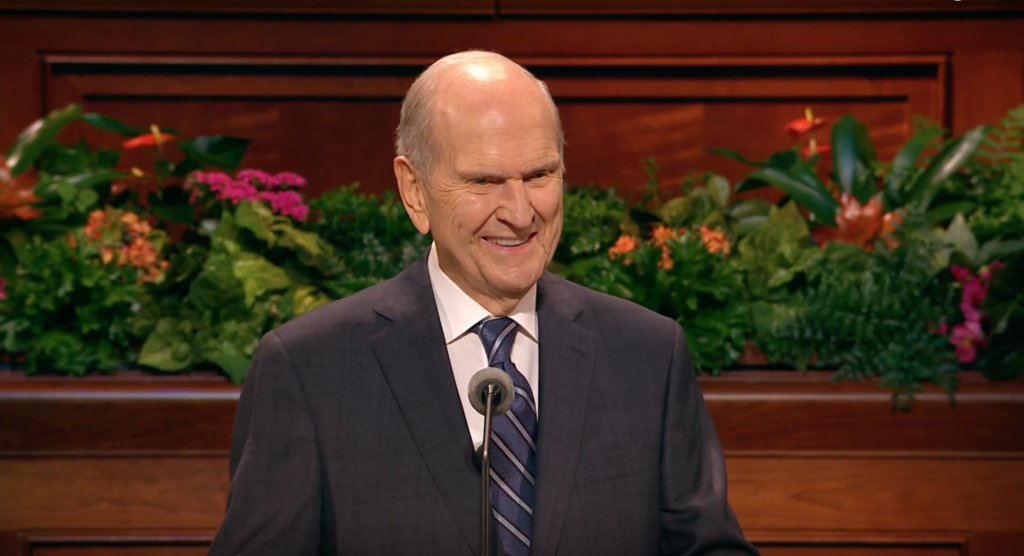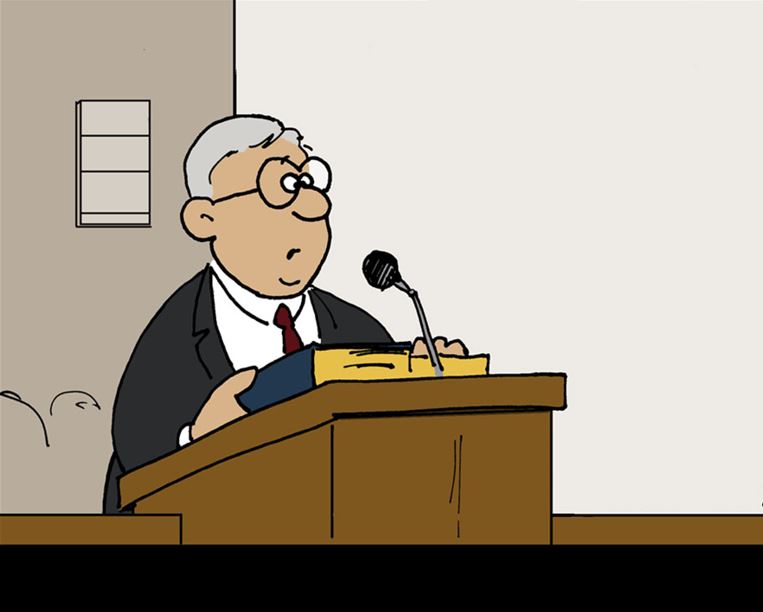To accompany your Come Follow Me study for June 23-29
In addition to reading these four sections, you may also want to read:
- Chapter 25: Doctrine and Covenants 66–70 (churchofjesuschrist.org)
- William McLellin’s Five Questions (churchofjesuschrist.org)
- Newel K. Whitney and the United Firm (churchofjesuschrist.org)
- Joseph Smith’s Revelations, Doctrine and Covenants 67 (churchofjesuschrist.org)
- Joseph Smith’s Revelations, Doctrine and Covenants 68 (churchofjesuschrist.org)
- Joseph Smith’s Revelations, Doctrine and Covenants 69 (churchofjesuschrist.org)
- Joseph Smith’s Revelations, Doctrine and Covenants 70 (churchofjesuschrist.org)
- Saints 1:140-143 at https://www.churchofjesuschrist.org/study/history/saints-v1/13-the-gift-has-returned?lang=eng
You may also enjoy the following video:
If you would like a Kahoot game related to these sections which you could use with your family or class, click here: https://create.kahoot.it/share/doctrine-and-covenants-67-70/5cc0c889-1055-4dd2-b444-3c2c1bad8afb. To use it with a group, after clicking on this link, you will need to log into Kahoot, creating a free account if you have not done so previously, then click on the blue “Host Live” button or the gray “Assign” button, depending on how you wish to use the Kahoot. Some of the Kahoot questions may presuppose that the player has read through the suggested answers to the following Points to Ponder and at least has browsed the Institute student manual as well.
Points to Ponder in Doctrine and Covenants 67-70
1. What is the difference between “scripture” and “scriptures”?

2. What are at least two applications you can see for the Lord’s expanded definition of “scripture” in your own life?
3. How can you know for sure if a pronouncement by one of the general authorities should be regarded as “scripture”?

4. If you should succeed in tracing your genealogy back to Aaron, could you properly apply to be a bishop?

5. What should parents do if they have a normally intelligent eight year old son who they think doesn’t know enough to get baptized yet and who in fact doesn’t want to get baptized–partly because he’s afraid of water and partly because he just wants to be contrary?

6. What are the principal ways and settings that occur to you in which parents can most successfully teach their children?
7. When 68:27 says children should be baptized for the remission of their sins when eight years old, does it mean
a. sins committed before the age of eight?
b. sins committed between the eighth birthday and the date of the baptism?
c. future sins not yet committed?
d. all of the above?

7a. How busy do we need to be in order not to be considered “idlers”? (68:30-31) Doesn’t that sound a little depressing?
7b. Why were Martin Harris, Oliver Cowdery, John Whitmer, Sidney Rigdon, and William W. Phelps told not to give away copies of the first edition of the Doctrine and Covenants but to sell them and keep the proceeds?
8. Find a passage in the scriptures which teaches something similar to D&C 70:14.

Find a passage in D&C 67-70 which teaches or implies each of the following:
9. One evidence of the authenticity of the D&C is the failure of anyone on his own to create a “revelation” which can successfully masquerade as one of the Lord’s.
10. If we become sufficiently humble and free of envy, we will someday see God Himself.
11. It wasn’t safe to travel from Ohio to Missouri with a significant sum of money.
12. Selected early brethren were to make their living for a time by selling copies of the Doctrine and Covenants.
13. Comfort for a parent whose child goes inactive in spite of the parent’s best efforts.
Possible Answers to Points to Ponder in Doctrine and Covenants 67-70
1. What is the difference between “scripture” and “scriptures”?
“Scriptures” in Latter-day Saint usage, refers to the four standard works. “Scripture,” though the word literally means “writing,” in a broader sense is any inspired utterance.
2. What are at least two applications you can see for the Lord’s expanded definition of “scripture” in your own life?
- We should listen to the words of the living prophets and apostles at least as carefully as we read the printed pronouncements of past prophets.
- We should read and ponder the printed version of conference talks.
- We should listen in sacrament meeting to inspired messages from those assigned to speak.
- We should endeavor to speak with inspiration ourselves when we have the opportunity to talk in church.

3. How can you know for sure if a pronouncement by one of the general authorities or anyone else should be regarded as “scripture”?
If it coincides with the standard works and teachings of the living prophet and if the Spirit witnesses to you that it is inspired.
4. If you should succeed in tracing your genealogy back to Aaron, could you properly apply to be a bishop?
No. 68:20 says you have to not only have the right lineage but to be “designated by this Presidency.” In other words, don’t call us–we’ll call you!
5. What should parents do if they have a normally intelligent eight year old son who they think doesn’t know enough to get baptized yet and who in fact doesn’t want to get baptized–partly because he’s afraid of water and partly because he just wants to be contrary?
Evidently, they need to teach him so he will know enough. Children don’t need to know a great deal in order to be baptized, but they do need to understand the nature of the promises they are making and be desirous of making those promises. The fear of water could be overcome with some gentle sessions in a swimming pool or even a bathtub. The contrary nature can generally be overcome through love and kindness. What they should not do is give up or postpone the baptism just to avoid a confrontation.
6. What are the principal ways and settings that occur to you in which parents can most successfully teach their children?
Your choice. Possibilities would include:
- Family home evenings
- Come Follow Me sessions on Sundays or at other times
- Family scripture reading
- Family prayer
- Individual interview time with each child
- Casual conversations
- Example
- Driving together
- Working together
- Serving together
- Playing together, including family vacations
- Helping children prepare talks
- Writing notes to children
7. When 68:27 says children should be baptized for the remission of their sins when eight years old, does it mean
a. sins committed before the age of eight?
b. sins committed between the eighth birthday and the date of the baptism?
c. future sins not yet committed?
d. all of the above?
Probably “d”–all of the above. Though Satan may not be able to tempt very young children, it seems reasonable to assume he can tempt seven year olds, even if they are not yet morally “accountable” inasmuch as the Savior has offered to pay for all such sins. D&C 29:47 indicates Satan cannot tempt little children until they “begin to become accountable before me,” which suggests a gradual process rather than a sudden unleashing of Satan and his hosts at the exact moment a child turns eight.
7a. How busy do we need to be in order not to be considered “idlers”? (68:30-31) Doesn’t that sound a little depressing?
D&C 4:2 tells us those who embark in God’s service are to “serve him with all your heart, might, mind and strength” in order to stand blameless before God at the last day. One of life’s greatest secrets is that there is more true joy in energetic work than in pointless idleness. This doesn’t mean, of course, that there is no place for relaxation, recreation, and appropriate social pursuits. .Joseph Smith enjoyed playing all, wrestling, and pulling sticks. President Nelson enjoyed skiiing. Even the Savior of the world attended a wedding feast, enjoyed relaxing meals with His disciples, and sometimes when seeing multitudes seeking Him, He hurried in the other direction to seek solitude where He could prepare Himself and recharge His batteries to serve more effectively in the future. Some work to an excess. But there are probably more who have fallen to Satan’s temptations to work and serve too little. By sleeping longer than is needful or spending hours in mindless video games they may miss the excitement which comes from “playing on the first string of the Lord’s team.”
7b. Why were Martin Harris, Oliver Cowdery, John Whitmer, Sidney Rigdon, and William W. Phelps told not to give away copies of the first edition of the Doctrine and Covenants but to sell them and keep the proceeds?
This was their stewardship under the law of consecration and the means the Lord was providing for their temporal support. Anything they gained through sales of the book more than they needed, was, as 70:7 points out, to be turned over to the storehouse.
8. Find a passage in the scriptures which teaches something similar to D&C 70:14.
Following the footnote reference “a” leads you to D&C 49:20. Following that link leads you to Acts 4:32 and D&C 78:5-6. And in Mosiah 4:26, King Benjamin emphasizes the need to be generous with the poor and needy in order to retain a remission of sins. There are others, of course. It is clear that stinginess with our temporal means can be a major impediment to spirituality.
Find a passage in D&C 67-70 which teaches or implies each of the following:
9. One evidence of the authenticity of the D&C is the failure of anyone on his own to create a “revelation” which can successfully masquerade as one of the Lord’s.
67:6-8
10. If we become sufficiently humble and free of envy, we will someday see God Himself.
67:10
11. It wasn’t safe to travel from Ohio to Missouri with a significant sum of money.
69:1-2
12. Selected early brethren were to make their living for a time by selling copies of the Doctrine and Covenants.
70:1-7
13. Comfort for a parent whose child goes inactive in spite of the parent’s best efforts.
68:25–only those who “teach them not” will be in trouble.
